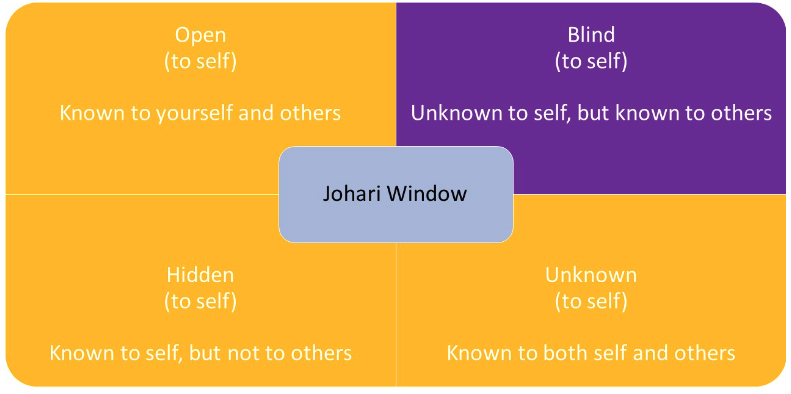I Can’t Believe They Said That!

If you’ve ever been hit you with such a hard to hear declaration, you know it can sting. I’m proud that my client didn’t react in the moment (Yay for emotional intelligence and self control)! Here are a few things that we considered to sort the issue.
Resist fight or flight, step off the ledge, and consider what was said.
First, consider whether you think the statement came from a place of courageous frustration or arrogance. Any direct report with the temerity to tell you such from a place of arrogance is likely someone you already distrust; thus, it may be time to part ways. A lack of alignment and trust between a leader and core members of the leadership team creates problems that can’t be easily hidden. As a matter of fact, other people likely already know. Fear about loss of capacity shouldn’t be the primary determining factor: what if that employee decided to leave the organization on short notice or had a life event that precluded them from working? Politics and liability shouldn’t be the deciding factors either. Rather, they should be part of your plan.
While it never feels good to terminate someone or encourage them to leave, the stress of constantly questioning whether you can rely on them leads to resentment and marginalizing behaviors. CUT YOUR LOSSES. By the way, be thoughtful about how you do it. Data tells us that wrongful termination lawsuits are often triggered by how a person feels that they are treated during the termination process. Even so, you still need to do it.
Ask Hard Questions
If you believe the employee’s words, came from a place of courageous frustration and respect, you should sift it carefully:
Question 1: what, exactly, is the employee is trying to tell you, what do they want you to do, and how did this issue get to this point?”
Question 2: is the issue about the overall strategic direction in which you’re taking the team and your vision for the organization?
Question 3: could the issue be about your leadership values and how they are impacting the team and organizational culture?
Question 4: is the employee criticizing an aspect of how you lead; thus, is the issue a conflict over priorities, methods, etc?
Start with questions one and two because those answers may eliminate the need to focus on questions three and four. If the direction of the organization is clear and not going to change, the employee is telling you, perhaps unwittingly, that they aren’t aligned. You must figure out whether the misalignment comes from not buying into the mission, objecting your leadership, and whether you think the person can be brought into alignment. If the gap cannot be closed, one of you needs to work with a different organization or team.
Questions 3 and 4 are useful for you to ponder. The person may be pointing to issues in your blindspot. Power and organizational dynamics often prevent the type of dialogue that gives leaders honest feedback about how they come across to others. The Johari Window image below captures four dimensions of self-awareness and interpersonal relationship.
Check Your Ego
- How does knowing that you are perceived in such a way impact your reputation and self-perception as a leader?
While it is natural to be upset, it is not okay to retaliate against someone because your ego is bruised. Further, it is worth asking whether you really need and want more honesty from your team:. 88% of people who work on projects or initiatives can accurately predict that they will fail and characterize the process as a slow-motion train wreck because it is politically acceptable to speak openly about what is going wrong. Additionally, you’d be remiss to forget that other team members are watching and will adapt how they interact with you based on how you handle this.

You Can’t Put The Horse Back In The Barn
It’s normal and okay to feel overwhelmed and uncomfortable, but you must respond. It’s also normal and perfectly acceptable to call on external support and resources to help you over this hump.





